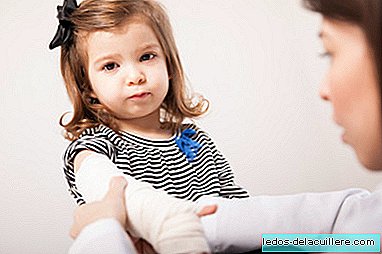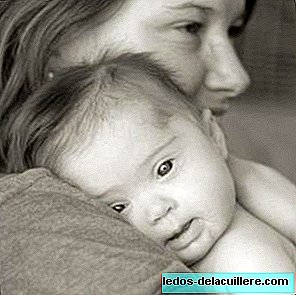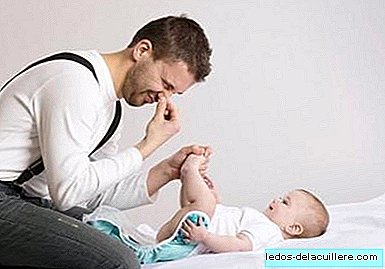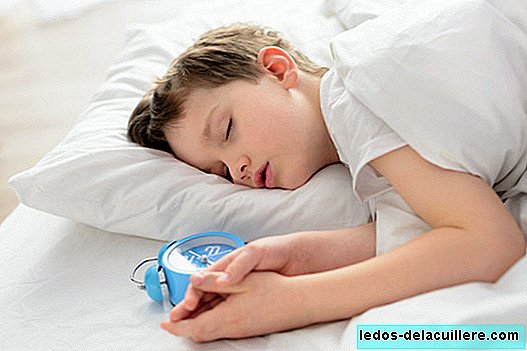
Most children are going to have to receive some kind of medical assistance at some point in their childhood and there is no doubt that the child will have a bad time, but it can be even worse if the parents have feelings of guilt and anxiety. Sometimes some parents develop post-traumatic stress if their child is harmed.
There is a new study (which has not yet been published) in which it has been observed how different families react during a change of burn bandage in children. The study was conducted over 18 months and compared 92 families with young children (one to six years old) during the change of bandages for first-degree burns in an Australian hospital.
Parents who said they suffered more anxiety or were more distressed had less ability to support their child during the procedure., something that increased the child's discomfort, measured by his ability to distract from toys and conversations compared to crying or screaming during the procedure.
The children who had a worse time and had more pain during the change of advantage were also children of parents who were not able to support their children during the change of bandage.
Our ability to concentrate is limited and we cannot worry about several things at once. If a child is entertained with other things, you will perceive pain less intensely and that is why we believe that distractions are good for children during the change of bandage.
The results of this research show that parents need additional support when their children are injured and during medical treatment, something that would benefit both parents and children. A less distressing treatment means less trauma for everyone and the child will have less anxiety problems during medical assistance.

Research also shows that less anxiety is related to faster wound healing in children, something that involves less medical intervention and that children can return to school sooner.
No one likes to think that their child can be harmed, but it may be useful to take some advice in case it is necessary to take the child to the doctor, both for the sake of the parents and for the children.
What to do
Distract the child from the beginning of the treatment (toys, food, music, images, television, conversation, nursing, pacifier ... parents know what works best).
Be near. Human contact implies that they are not alone.
Some children like to see what is happening, while others do not. If you want to look, you have to leave them, although you should also continue with distractions.
Breath deeply It will help them decrease heart rate and calm down.
The parents must remain calm and safe, even if the treatment is hard to see.
Tell them things like "Look at me and squeeze my hand", "Who is the one who goes on television?", "Tell the nurse what we are going to do next," "Do you remember when we went to the park and ...?"
Things to avoid

Scare them telling them how painful the treatment or "the bad looks it has" will be.
Criticize your behavior.
Simplify the experience ("You're fine", "It's almost over").
Encourage pain ("I know it hurts a lot").
It is normal for parents to feel bad if their children have been injured and need medical assistance. All parents have feelings of guilt and have a bad time every now and then if it is the health of their children and should not forget that they are doing their best when they take the children to the doctor.
We must not lose sight of the important thing is that the child is going to be helped and that it's no use worrying about the severity of the wound. If as a parent you are worried about how you will respond when the treatment arrives, you can be accompanied by another adult who also serves as support for your child if you need a break.
You can also ask the nurses, social workers or family doctor for help.
Authors: Erin brown, PhD in Philosophy. Queensland University and Justin Kenardy, Clinical psychologist; Professor of Clinical Psychology; Deputy Director of the Injury Research Center of the University of Queensland.
This article has originally been published in The Conversation. You can read the original article here.
In Babies and more | Dad and mom, do you still leave your children alone in medical tests or treatments? Should parents be present when they test their children?












